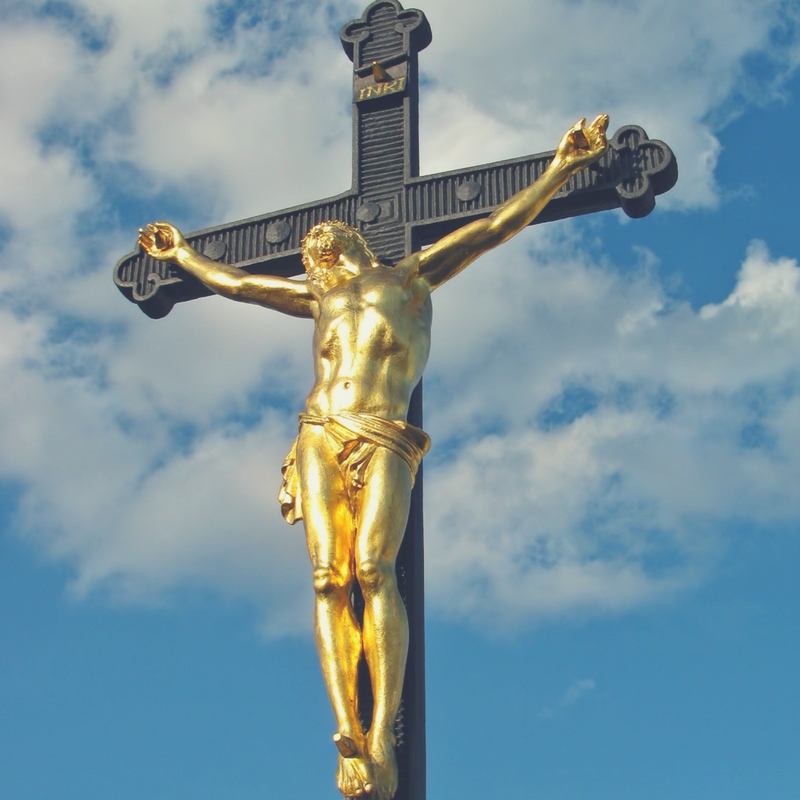
February 16
“One can safely conclude that by the end of the fourth century, the 40- day period of Easter preparation known as Lent existed, and that prayer and fasting constituted its primary spiritual exercises,” writes Fr. William Saunders in The History of Lent.
Once the length of the Lenten season was determined, regulations about the amount of fasting required began to develop. In Jerusalem, the faithful fasted for 40 days, Monday through Friday, but not on the weekends, which meant their “40 days” actually lasted eight weeks. In Rome and other parts of the Western world, people fasted for six weeks from Monday through Saturday, which was the practice that eventually prevailed.
The rules of the fast also took time to develop. In some areas, the faithful abstained from all forms of meat and animal products while others allowed fish. As Pope St. Gregory (d. 604) once wrote to St. Augustine of Canterbury, “We abstain from flesh, meat, and from all things that come from flesh, as milk, cheese and eggs.”
Whatever food was allowed could amount to no more than one meal a day and was to be taken in the evening or at 3:00 p.m., which was known as the hour of None.
As time went on, a second smaller meal, called a collation, was permitted during the day for the sake of those who needed strength for manual labor. Gradually, fish was allowed and, much later, the eating of meat during the week except on Ash Wednesday and Good Friday. Persons could receive a dispensation to eat dairy products, but only if they performed some pious work. It was this practice of abstaining from dairy products that led to the blessing of Easter eggs and the eating of pancakes on Shrove Tuesday, which is the day before Ash Wednesday.
The purpose of this fast is not just to atone for our own sins, but for the sins of others as well. “In practicing penance, we should keep in
mind that there are two levels of reparation we are to practice, for our own and other people’s sins,” writes the late Fr. John Hardon. “We are to expiate the guilt incurred by failing in one’s love for God. And we are to repair the harm done by disobeying the will of God.”

Today's Reflection:
What does my experience with fasting look like? What was I taught about fasting as a child, and how has that changed over the years? Spend some time with our Lord today asking Him where He is calling you to fast in your own life. What does He want you to fast from this Lent?
As of today, how is your Lent going so far? Where is God calling you to go deeper with prayer, fasting and almsgiving? If you are looking for Lenten ideas, click here for a great tool to help you at this time!
Sign Up to receive the Lenten Journey with Mary via email!
Click Here!
Sign Up for the Young Women of Grace Study Program Today! Click Here!
New! 2018 Spring Courses - Benedicta Leadership Institute for Women - Registration Open - Begins January 2018
Click Here!
Make A Fresh Start This New Year - Begin a Women of Grace Study Program Click Here!

